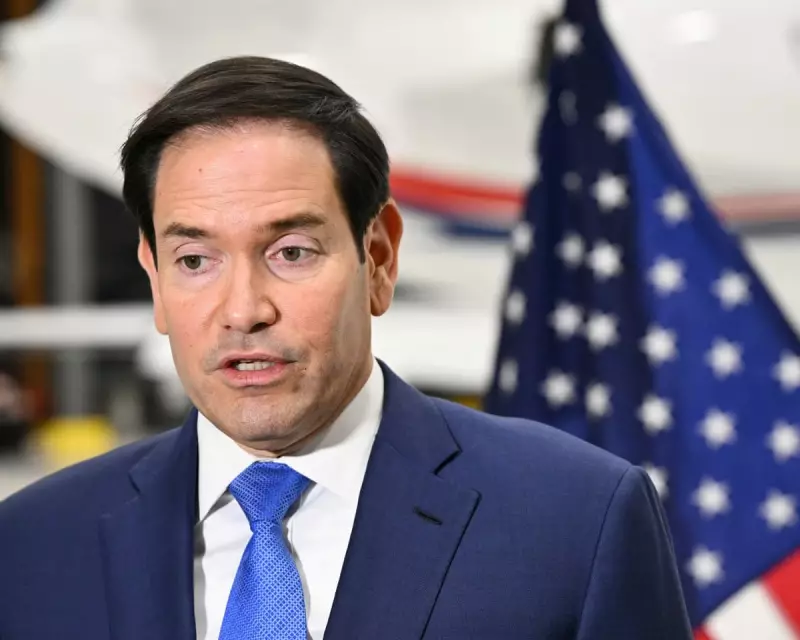
In a significant escalation of its campaign against left-wing activism, the United States has formally designated four European anti-fascist organisations as Foreign Terrorist Organisations. The announcement, made by US Secretary of State Marco Rubio on Wednesday during his visit to Canada, marks the first time groups associated with the 'antifa' movement have been classified as a foreign terrorist threat.
The Designated Groups and Official Justification
The US State Department's declaration targets Antifa Ost in Germany, the Italy-based International Revolutionary Front, and two Greek organisations – Armed Proletarian Justice and Revolutionary Class Self Defense. In an official statement released on Thursday, the department accused these groups of 'conspiring to undermine the foundations of Western Civilization through their brutal attacks'.
Secretary of State Marco Rubio elaborated, stating that groups affiliated with this movement subscribe to revolutionary anarchist or Marxist ideologies, including anti-Americanism, 'anti-capitalism' and anti-Christianity. The administration's press release cited incidents involving homemade explosive devices, shootings, and hammer attacks as justification for the listing.
Legal Implications and Domestic Consequences
This designation carries substantial legal weight, permitting US law enforcement agencies to employ more aggressive techniques against the named organisations. Crucially, the measures could extend to leftist supporters of these groups within the United States, enabling federal authorities to use similar surveillance and financial oversight tools against American citizens.
The classification as 'Specially Designated Global Terrorists' means that financial transactions with these organisations or their members become criminal acts under US law. This move follows President Trump's September executive action that first declared 'antifa' a domestic terrorist organisation, with the administration blaming leftist groups for violent confrontations in cities including Los Angeles, Chicago, and Portland.
Expert Criticism and International Reaction
The decision has drawn sharp criticism from security experts and academics. Mary Bossi, emeritus professor of international security at Piraeus University in Athens, described the designation as 'plain wrong' and 'highly exaggerated'.
Professor Bossi told The Guardian that the antifa movement in Greece does not employ terror tactics and noted that such groups even participate in elections without showing signs of violence. She suggested that established terror groups actually snub the antifa movement because 'it talks too much'.
National security experts have raised concerns about the practical challenges of the designation, noting that antifa – short for anti-fascist – lacks a clear membership or leadership structure, making traditional counter-terrorism approaches problematic. Professor Bossi interpreted the move as part of a 'Trumpian strategy to divide the world between the 'good right' and 'bad left'', aimed at discrediting anyone with centre-left or progressive views.





